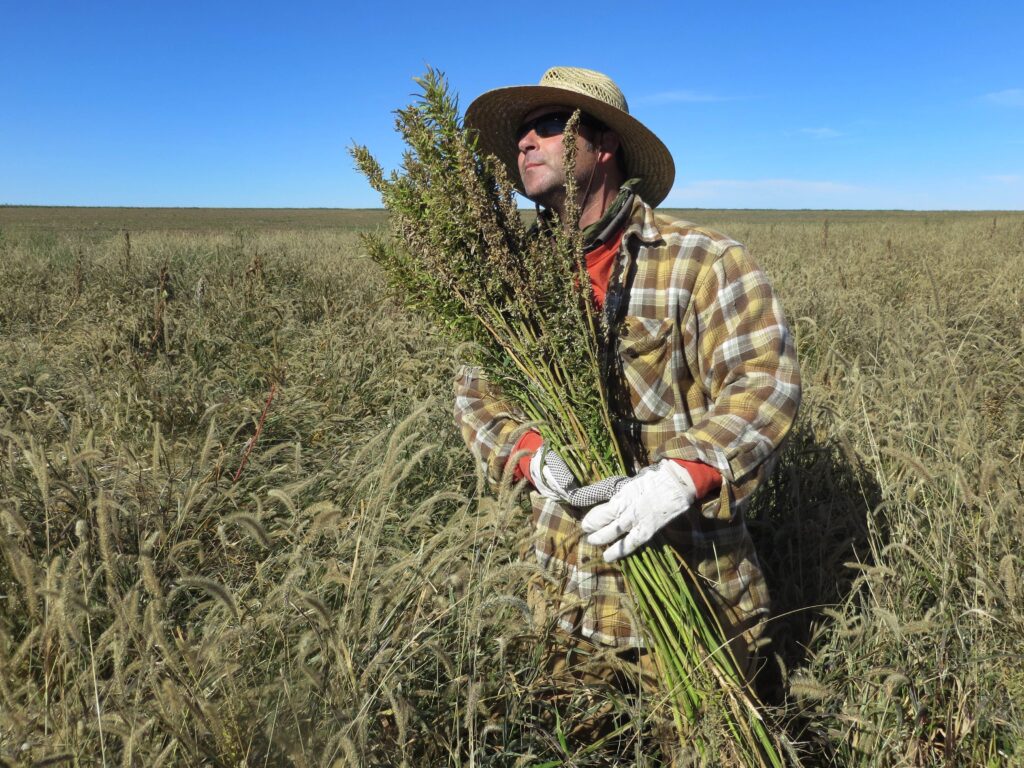$38.5 billion state budget, law cracking down on car theft, other bills go into effect on Saturday

Colorado’s biggest bill, fiscally speaking, leads a short but impactful list of legislation set to go into effect on Saturday.
The new fiscal year for Colorado state government begins on July 1, and a new state budget totaling $38.5 billion budget is set to kick in.
One of the most talked-about issues in 2023, auto theft will get a new look with a law that cracks down on the crime.
A 2022 report from the Common Sense Institute said Colorado leads the nation in motor vehicle theft, although auto thefts decreased by about 22% in the first three months of 2023 and compared to the same time period in 2022, according to the Colorado State Patrol.
Current law ties the penalties for motor vehicle theft to the value of the car, which supporters of the new law called unfair. While the bill’s supporters said they hope increasing the penalty for auto theft would deter criminals from committing the crime, opponents argued that charging thieves with harsher offenses will not deter theft if the criminals are not getting arrested in the first place.
Laws tying the severity of penalties for auto thefts to the vehicle’s value go back to the 1990s. The most recent change was two years ago, when Gov. Jared Polis signed legislation that lowered the penalty for some car theft offenses. Polis in 2021 approved legislation that overhauled Colorado’s misdemeanor laws, whose provisions included making it a Class 1 misdemeanor to steal a car if its value is less than $2,000.
Polis wrote to the Colorado Commission on Criminal and Juvenile Justice last September, asking for model legislation on auto theft. “The Commission should especially revisit the criminal classification of auto theft as it relates to the monetary value of a stolen vehicle. The Commission should also examine updating the language to elevate the severity of the crime based on the number of prior offenses, specifically targeting prolific auto thieves.” Polis identified auto theft as a top priority for the 2023 session.
Gov. Jared Polis letter to the CCJJ, asking for model legislation on auto theft offenses.Marianne Goodland
marianne.goodland@coloradopolitics.comMarianneGoodland, Colorado Politics
marianne.goodland@coloradopolitics.com
https://www.coloradopolitics.com/content/tncms/avatars/e/f4/1f4/ef41f4f8-e85e-11e8-80e7-d3245243371d.444a4dcb020417f72fef69ff9eb8cf03.png
The CSI report noted that car were stolen most from those who can least afford it, with 85.6% of vehicles stolen valued at less than $25,000 and 63.5% valued at $15,000 or less.
Under the bipartisan law, SB 97, penalties for motor vehicle theft are tied to behavior, rather than vehicle value.
A person with two prior convictions for auto theft would be charged with first degree motor vehicle theft, a class 3 felony. The law also creates a new penalty for joy-riding, so long as the vehicle is returned to the owner or recovered by law enforcement within 24 hours and the vehicle is not damaged.
The fines for first degree motor vehicle theft start at $3,000, plus a minimum of 10 years in prison and five years of probation.
Other laws taking effect on July 1 include Senate Bill 23-095, which makes it a class 6 felony to knowingly aim a laser device at an aircraft, punishable by up to 18 months in jail and a year of probation. Fines can range from $1,000 to $100,000.
SB 95 provides limited exceptions, such as for authorized individuals conducting research, flight tests, or training, and if the laser device is used to send an emergency distress signal.
The Colorado Oil and Gas Conservation Commission will be no more as of July 1. It’s getting a new name: the Energy and Carbon Management Commission, along with some expanded responsibilities.
Under SB 285, the commission will take on regulatory authority over “a broader scope of energy and carbon management areas beyond oil and gas.” That would include, for example, geothermal electric generation.
And the first regulations around psychedelic mushrooms go into effect on July 1, under SB 290.
The law creates the division of natural medicine under the Colorado Department of Revenue. That division will regulate and license the cultivation, manufacturing, testing, storage, distribution and dispensing of so-called magic mushrooms, including psilocybin. Decriminalization of psychedelic mushrooms was approved by Colorado voters last November on a 53.64% to 46.36% vote.
The annual digest of bills, prepared by the General Assembly’s Legislative Legal Services, shows more than 200 laws will go into effect on August 7, the 90th day after the conclusion of the 2023 legislative session. Those are bills with petition clauses, which allow Coloradans to file challenges through the ballot initiative process if they disagree with the General Assembly’s decision.
Among those bills: SB 304, the bill putting Proposition HH on the November ballot, and which would take a portion of TABOR refunds to pay for property tax relief.
Other bills set to go into effect include:
-
HB 1057, which would require certain public buildings to have restrooms with amenities for all genders (there was talk at this week’s Colorado Municipal League conference that this could result in lawsuits);
-
HB 1071, which allows psychologist to prescribe psychotropic medications for treatment of mental health disorders;
-
HB 1100, which prohibits state and local governments from making agreements with federal immigration officials on detention of undocumented immigrants. The bill was aimed at only one local law enforcement agency in Teller County, which is the only law enforcement agency in the sate with such an agreement. The Gazette reported this week that Teller County Sheriff Jason Mikesell intends to continue with his agency’s agreement.














